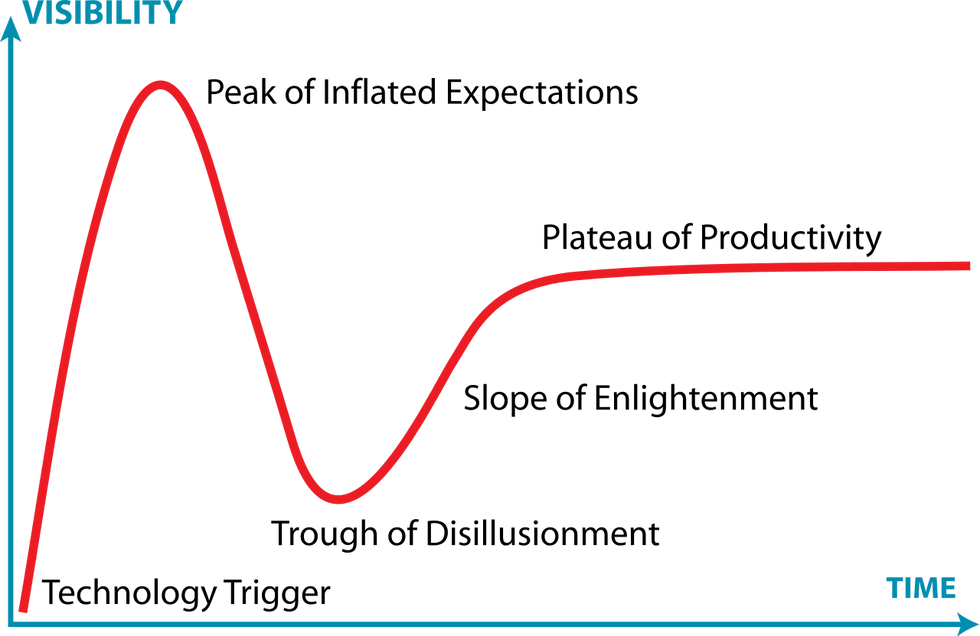Book Review/Influence: Principles/Ray Dalio
- Joe
- Dec 2, 2018
- 3 min read
Each morning, LinkedIn sends me a notification with some news for the day. Now, I almost never read the news; it just creates an annoying red badge on the LinkedIn icon on my phone. So every morning, when I’m clearing my notifications, I take a stroll through my feed to see what’s going on.
One of the many people I follow on LinkedIn is Ray Dalio, the subject of this post.
I was first introduced (virtually) to Dalio by my father, who recommended I watch a video of him explaining the business cycle. I wasn’t really into finance or economics at the time (I’m arguably still not), so it more or less went over my head. Nevertheless, I remembered enough to recognize Dalio’s name when I was browsing for books on Amazon. That led me to purchase, and eventually read, Principles.
The book has two parts. First, Dalio gives a sort of shot autobiography. He goes through his life, explaining his process of growing up and eventually starting Bridgewater. Along the way, he gives lessons that he learned. These lessons serve as an introduction to his “principles.” More specifically, Dalio argues that “new” situations or challenges are just repetitions of things we’ve seen before, governed by similar processes and shared principles. If these problems share such principles, then what about the methods we use to solve them?
The second part of the book is an outline of those principles, as well as some explanation about them and how to apply them. He starts with broad and general principles before moving into more specific applications of each one. This part of the book is less enjoyable to read; it’s like an outline of definitions. It nonetheless gives a peek into Dalio’s way of thinking, which eventually led to his success and the success of Bridgewater.
There’s a certain level of self-confidence needed to even write a book: the author has to believe s/he has something people will benefit from reading. And so a lot of books I’ve read, especially when dealing with the author’s own work, lend themselves to a feeling of arrogance where the author uses “lessons” to subtly brag on their accomplishments.
Not so with Principles. The book felt less like a biography, which typically carries a sense of respect for its subject, and more like a textbook. Things are laid out as a matter of fact, with very little comment from Dalio. If anything, he takes a much stronger look at his mistakes and how he corrected them, not his resounding successes.
It’s this ethos that puts Dalio in my mental list of influencers. He comes across as someone who’s satisfied with his own accomplishments, publishing books and writing articles in hopes of teaching the lessons he’s learned to more people. He takes it to the point of releasing pdf versions of every book he publishes before the print copies are even available.
Altogether, I’d say Ray Dalio is someone I look up to for his candor and honest self-representation. He doesn’t try to be a widely known character like Bill Gates or Steve Jobs, and he’s certainly not one of those financial “gurus” who knows when a downturn is about to strike. This honesty makes it incredibly easy to learn from him and appreciate his work in finance and beyond.
If you'd like to check out Dalio's publicly available work, you can find his website here.



Comments